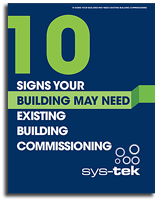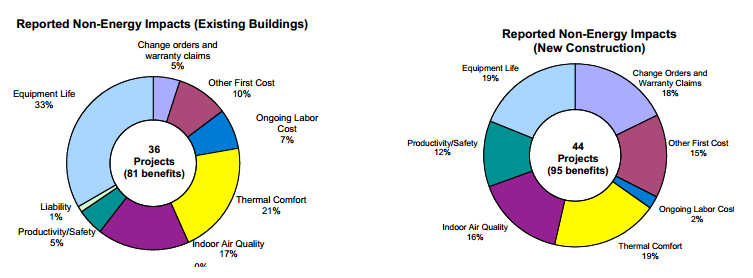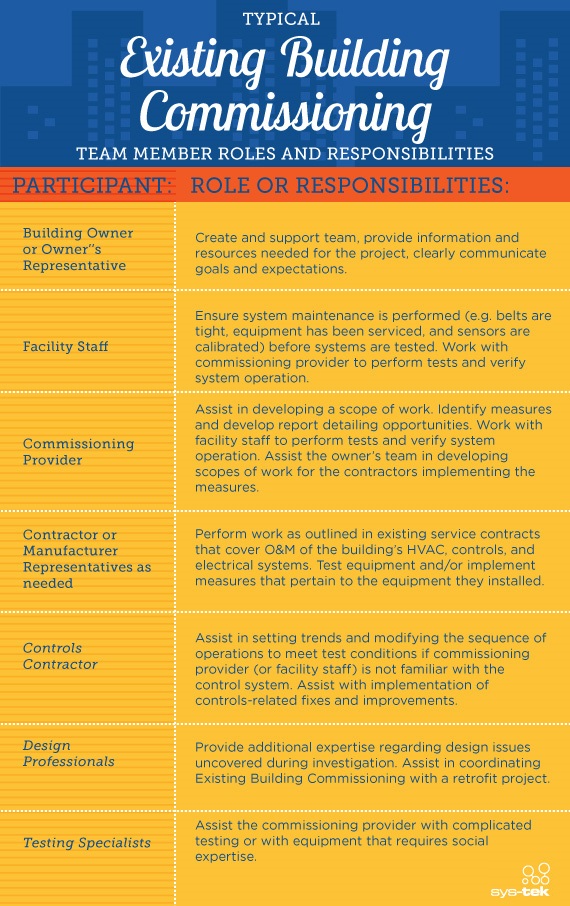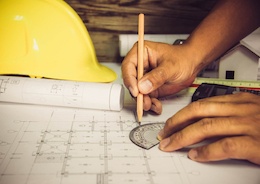The Impact of Building Commissioning
Jun 10, 2014
For some, especially owners of older buildings, commissioning can seem like an expensive and time-consuming process. Sure, conventional wisdom holds that building commissioning has the potential to be very cost-effective, but without concrete research to back conventional wisdom up, many building owners are reluctant to “gamble” on commissioning.
A National Conference on Building Commissioning study from 2005, however, looked at 224 buildings to determine the real world impact of commissioning on new and existing buildings. The study looked at 224 buildings, across 21 states and found, when excluding non-energy impacts, that when commissioning existing buildings there were, “median energy cost savings of 15%…or $0.27/ft2-year, and median payback times of 0.7 years. For new buildings, median commissioning costs were 0.6%… of total construction costs or ($1.00/ft2), yielding a median payback time of 4.8 years.”
When taking into consideration the non-energy impacts, ” the net cost for new buildings is often zero or even negative.” What this means is that there is a potential for more than $18 billion in savings each year from commissioning.
Building commissioning, far from just being a time consuming quality assurance measure that represents a costly process, is actually a viable cost-effective process. Commissioning is a cost-effective way to identify pre-existing problems and improve energy efficiency.
Click here to read The Cost-Effectiveness of Commissioning New and Existing Commercial Buildings: Lessons from 224 Buildings.

10 Signs Your Building May Need Existing Building Commissioning
If your building is exhibiting any of these key signs, you may be able to improve energy efficiency and reduce costs through EBCx.









